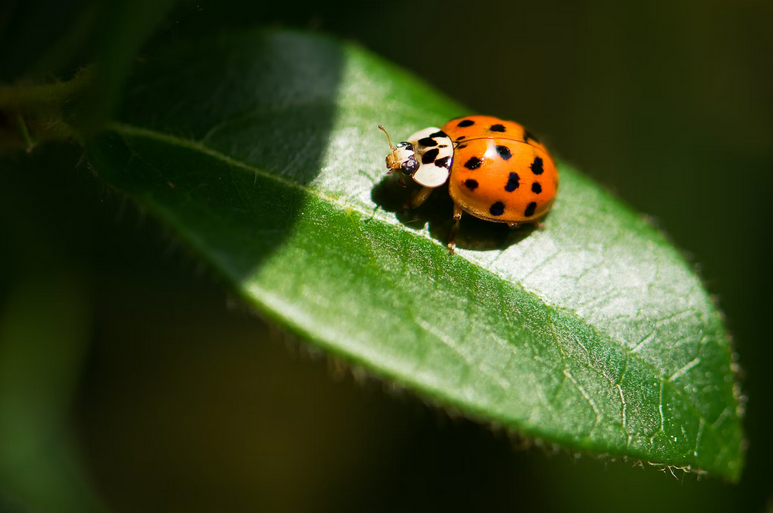Sometimes, big heroes don’t wear capes – they have wings and six legs instead. Beneficial insects are small creatures that are so precious and crucial in maintaining the optimal health and balance of organic gardens. They basically act as natural pest controllers, helping keep harmful insects at bay without the use of chemical pesticides. If you’re wondering how to “hire” these tiny heroes for your organic garden, check out Aggressively Organic. For a trustworthy guide on eco-friendly gardening, choose aggressivelyorganic.com. They’re leading in all sources for organic gardening. Now, how do exactly beneficial insects, well, benefit our gardens? Find out the answer below.
Biological Pest Control
Biological pest control is like assembling an army of tiny warriors to defend your garden against pesky pests. Instead of reaching for chemical sprays that harm the environment, organic gardeners embrace nature’s own solution. Beneficial insects, ranging from ladybugs and lacewings to parasitic wasps, are the unsung heroes in this battle.
In a study published in the American Journal of Plant Sciences, Baltazar Ndakidemi explained that these beneficial insects act as natural predators to keep pest populations in check. Ladybugs feast on aphids with gusto, while lacewings devour mites and other soft-bodied pests. And don’t let their name fool you – parasitic wasps lay their eggs inside destructive caterpillars or beetle larvae, effectively eliminating them from your garden.
Pollination
Pollination is a crucial process in the world of gardening and agriculture. It basically involves the transfer of pollen from the male flower’s part to the female one, which leads to fertilization and, eventually, fruit or seed production. But did you know that this process is largely carried out by beneficial insects? Bees, butterflies, beetles, and other pollinators play a significant role in ensuring successful pollination. As they fly and move from flower to flower in search of nectar, they inadvertently pick up pollen on their tiny bodies and transfer it as they continue their journey. This helps plants reproduce and ensures genetic diversity.
Francisco Sánchez-Bayo from the National Library of Medicine mentioned that not only do these insects contribute to garden productivity but also biodiversity support. By attracting them into your organic garden with native flowering plants or providing suitable habitats like bee houses or butterfly gardens, you are creating an environment that 100% supports a diverse range of species.

Biodiversity Support
Biodiversity is crucial for the health and resilience of our ecosystems. In an organic garden, it plays a vital role in maintaining balance and harmony. By cultivating a diverse range of plants, we create habitats that attract a wide variety of beneficial insects. These beneficial insects act as natural predators of many common garden pests, keeping their populations in check without the need for harmful pesticides. Ladybugs, lacewings, and ground beetles are just a few examples of these helpful critters that can be found patrolling your garden.
Creating biodiversity in your organic garden can be as simple as planting native species or incorporating companion planting techniques. Utilizing different plant heights, colors, textures, and bloom times will attract a greater diversity of insects while adding beauty to your space.
Environmental Sustainability
Chemical pesticides not only kill pests but also harm beneficial insects, disrupting the delicate balance in nature. Organic gardens, on the other hand, rely on beneficial insects as allies in pest control. Ladybugs eat aphids, while lacewings prey on mites and caterpillars. These helpful bugs keep unwanted pests in check without causing severe damage or harm to plants or the environment.
In addition to biological pest control, organic gardens also support biodiversity. By creating a habitat that attracts various types of insects and animals, gardeners can contribute to preserving diverse ecosystems. This leads to a healthier and more resilient environment overall.
If you’re interested in learning more about organic gardening techniques or want to explore how you can incorporate natural pest control into your garden plans, I encourage you to visit Aggressively …




